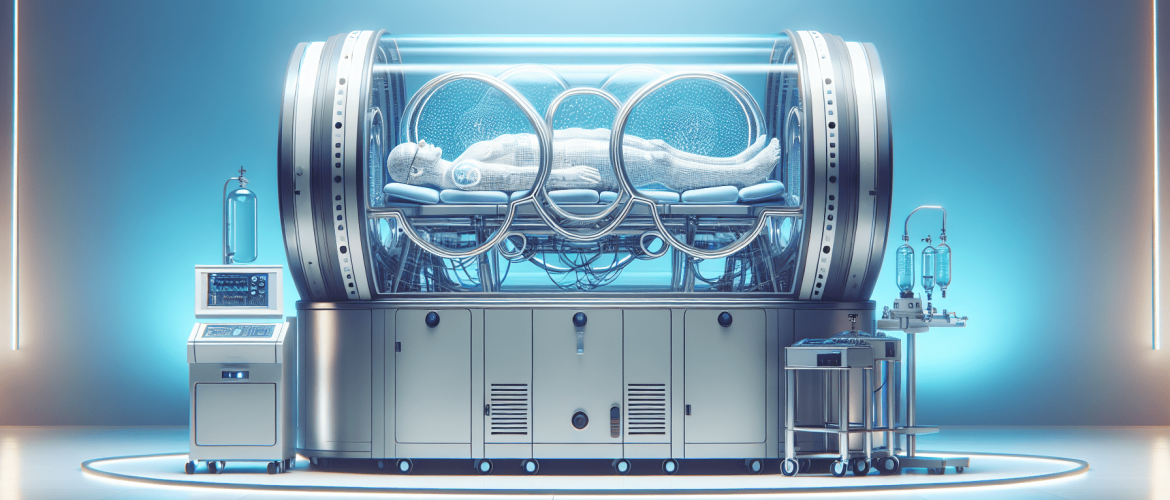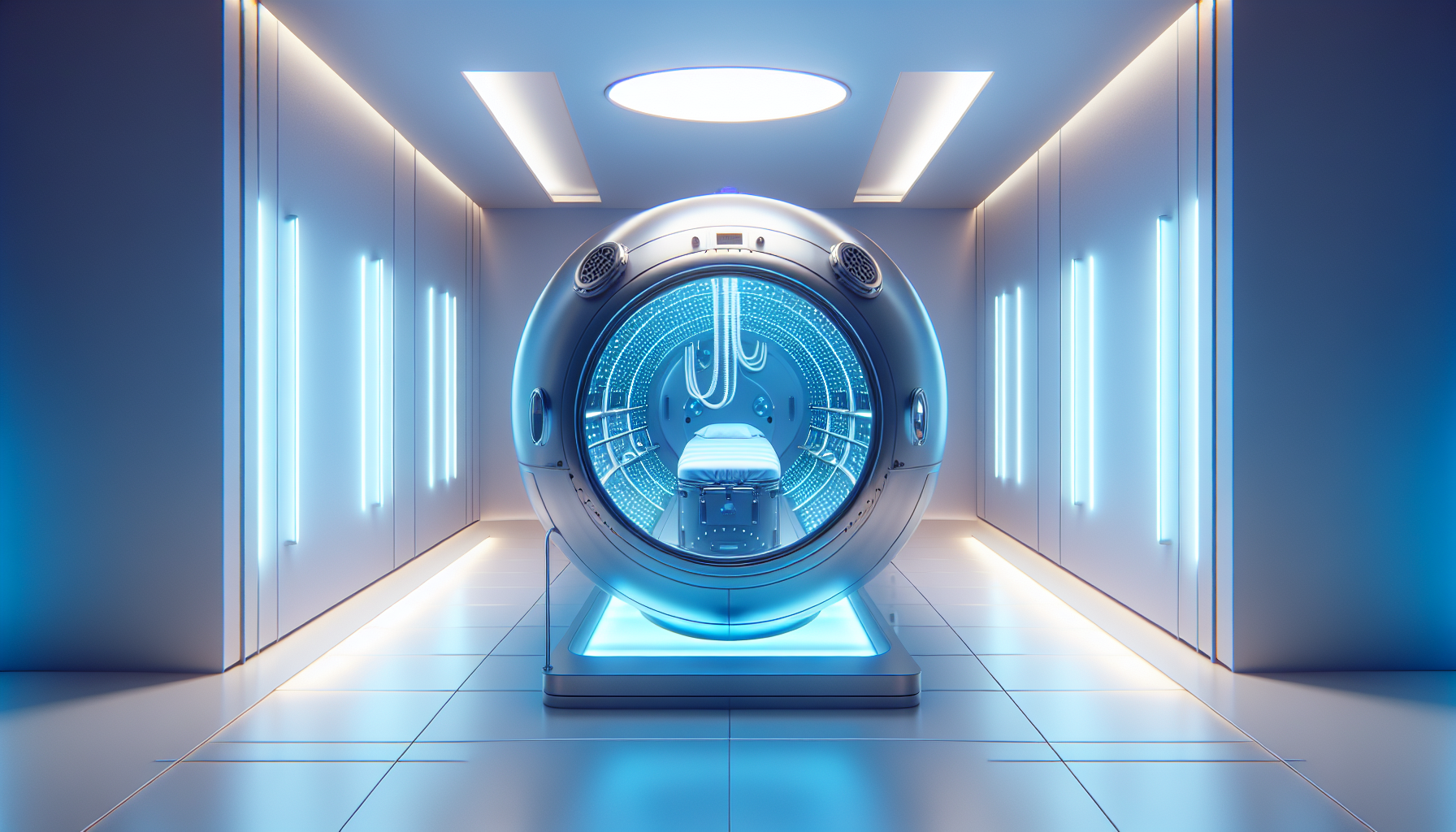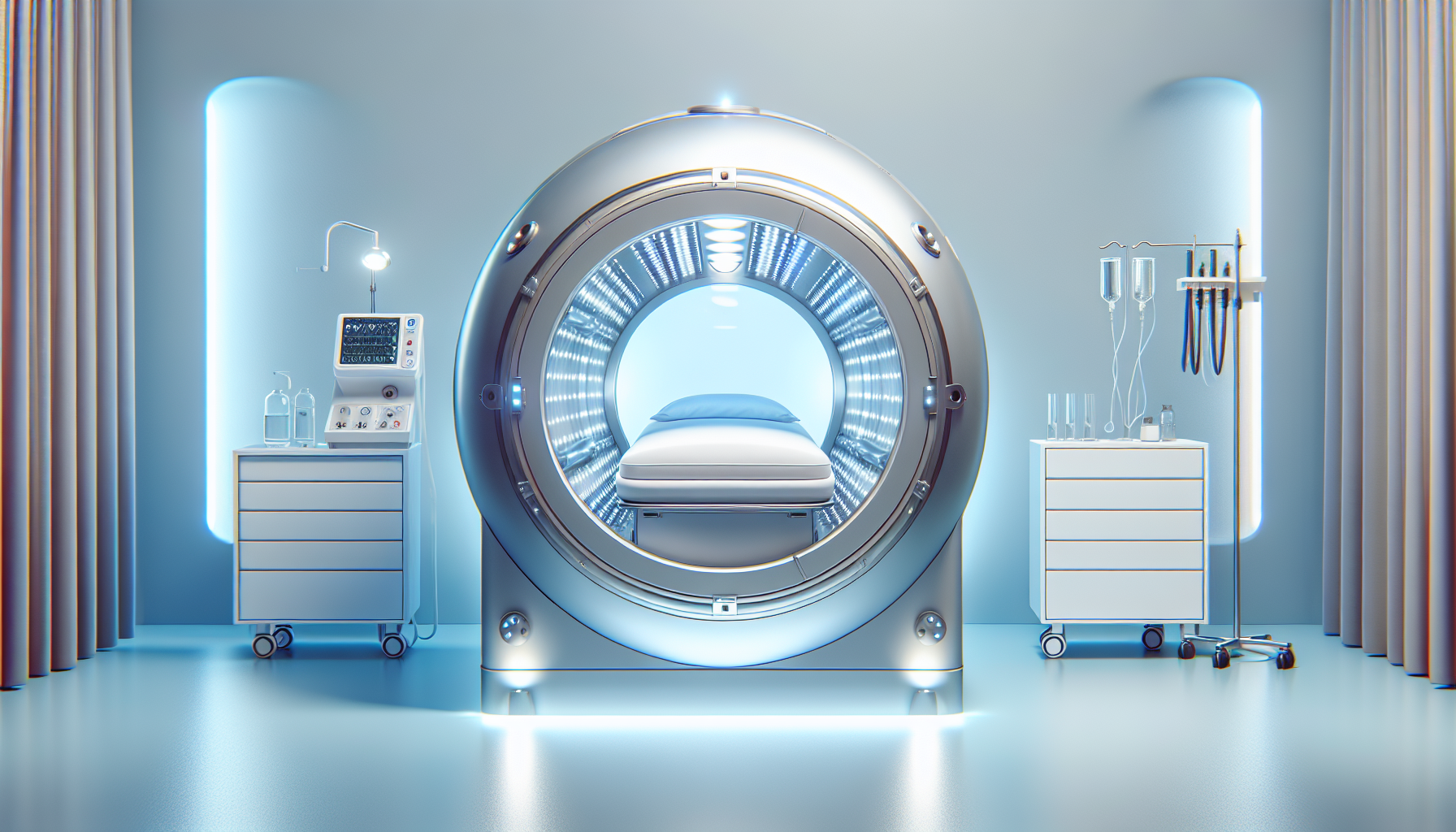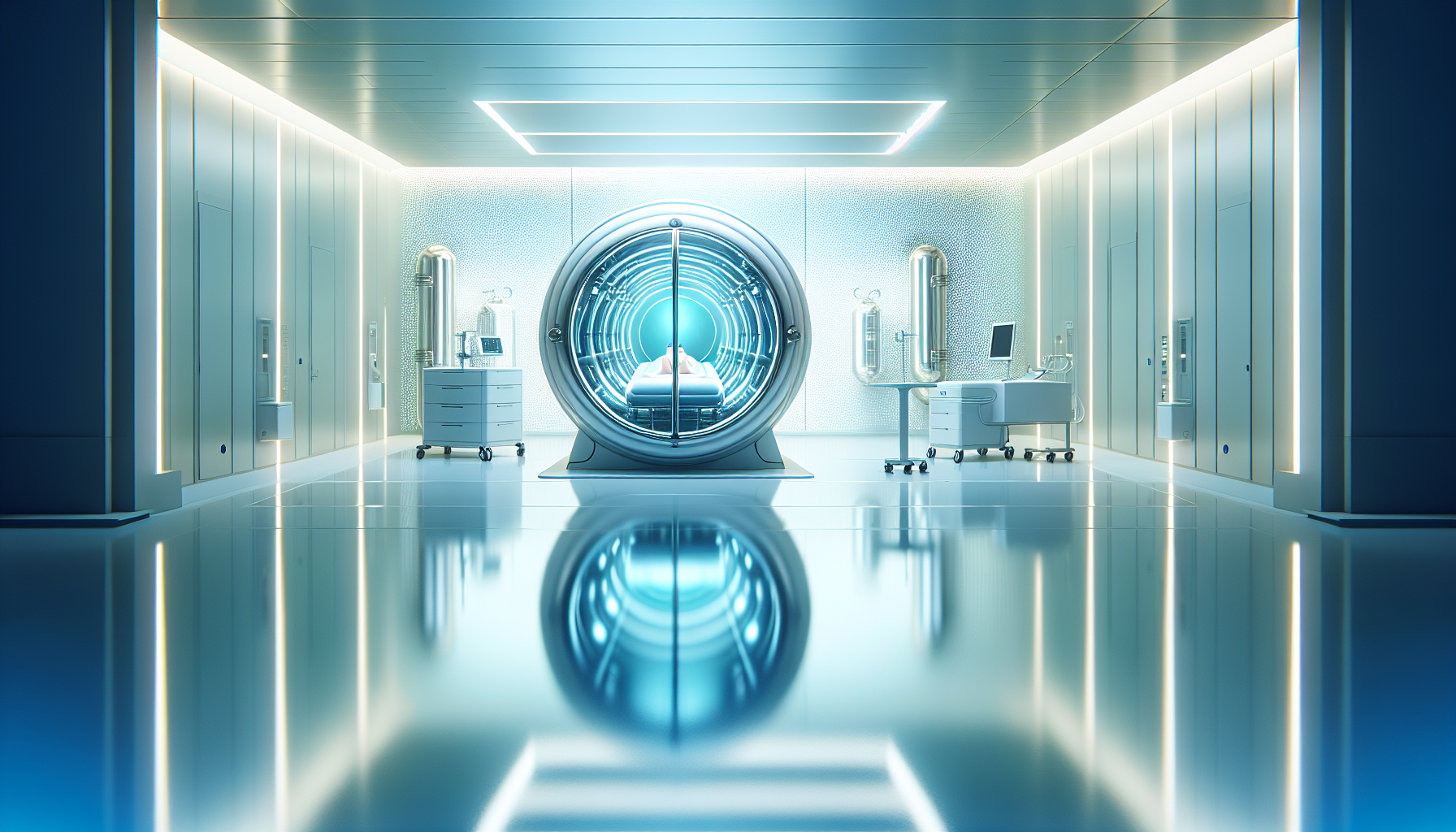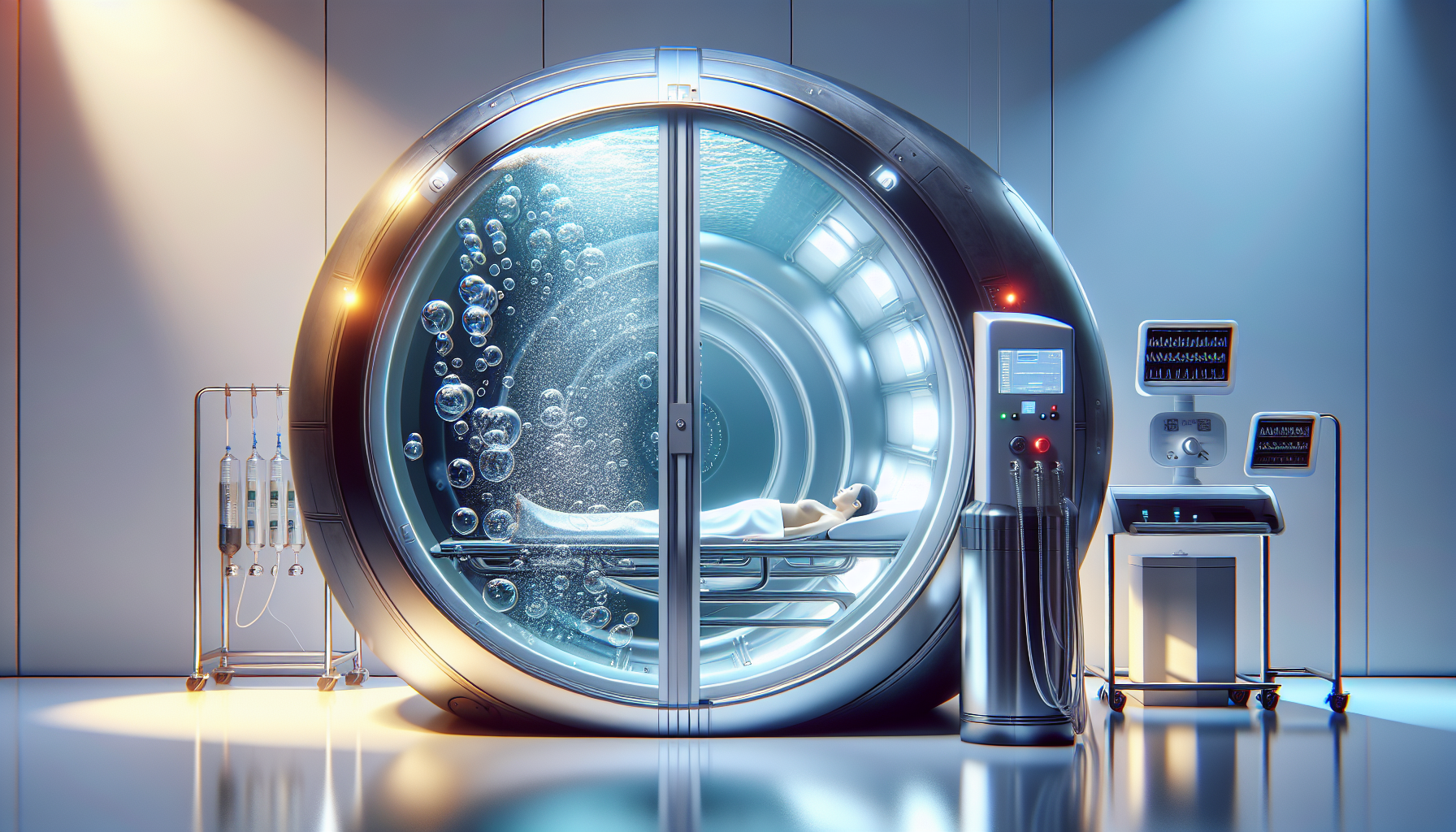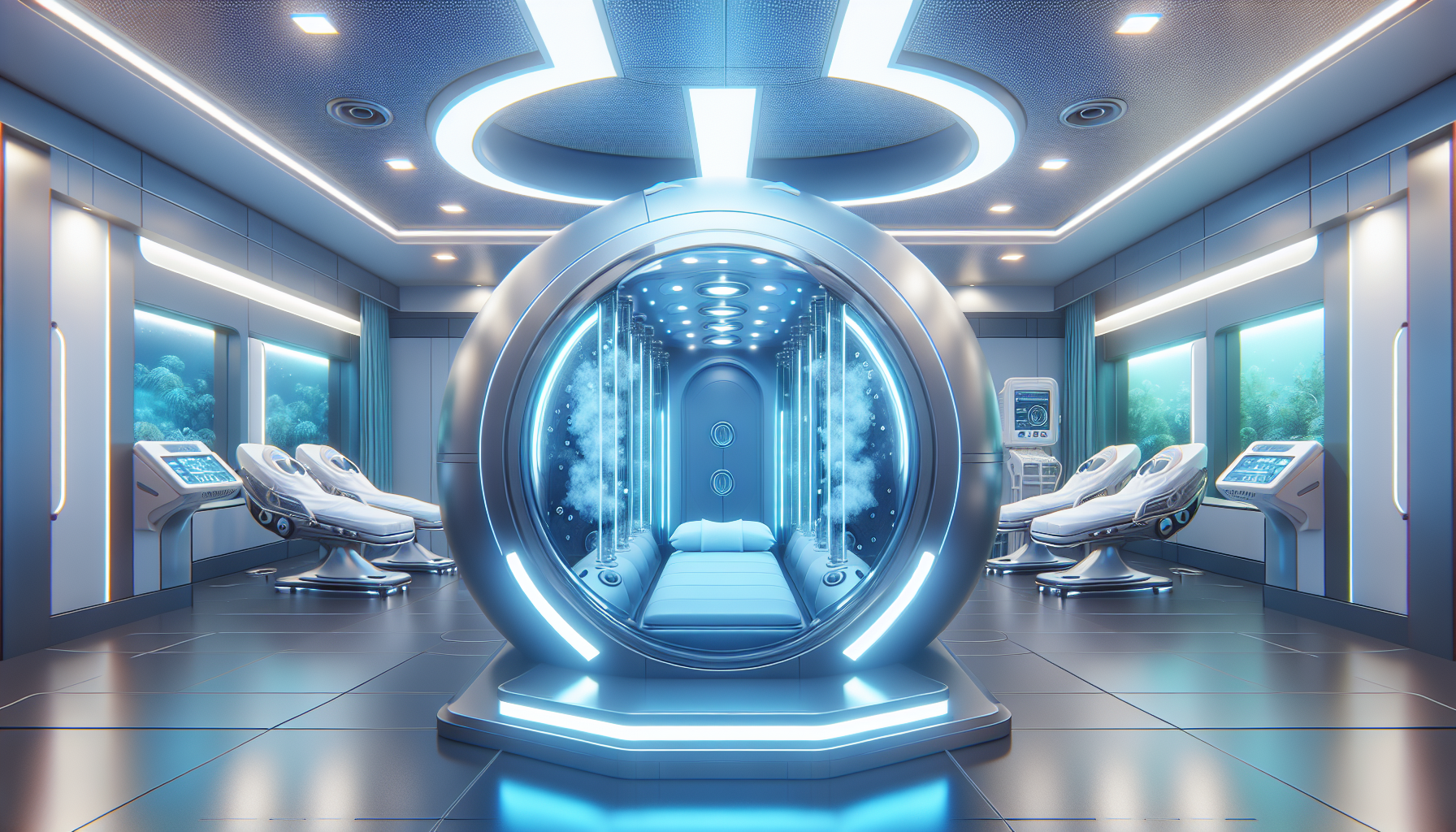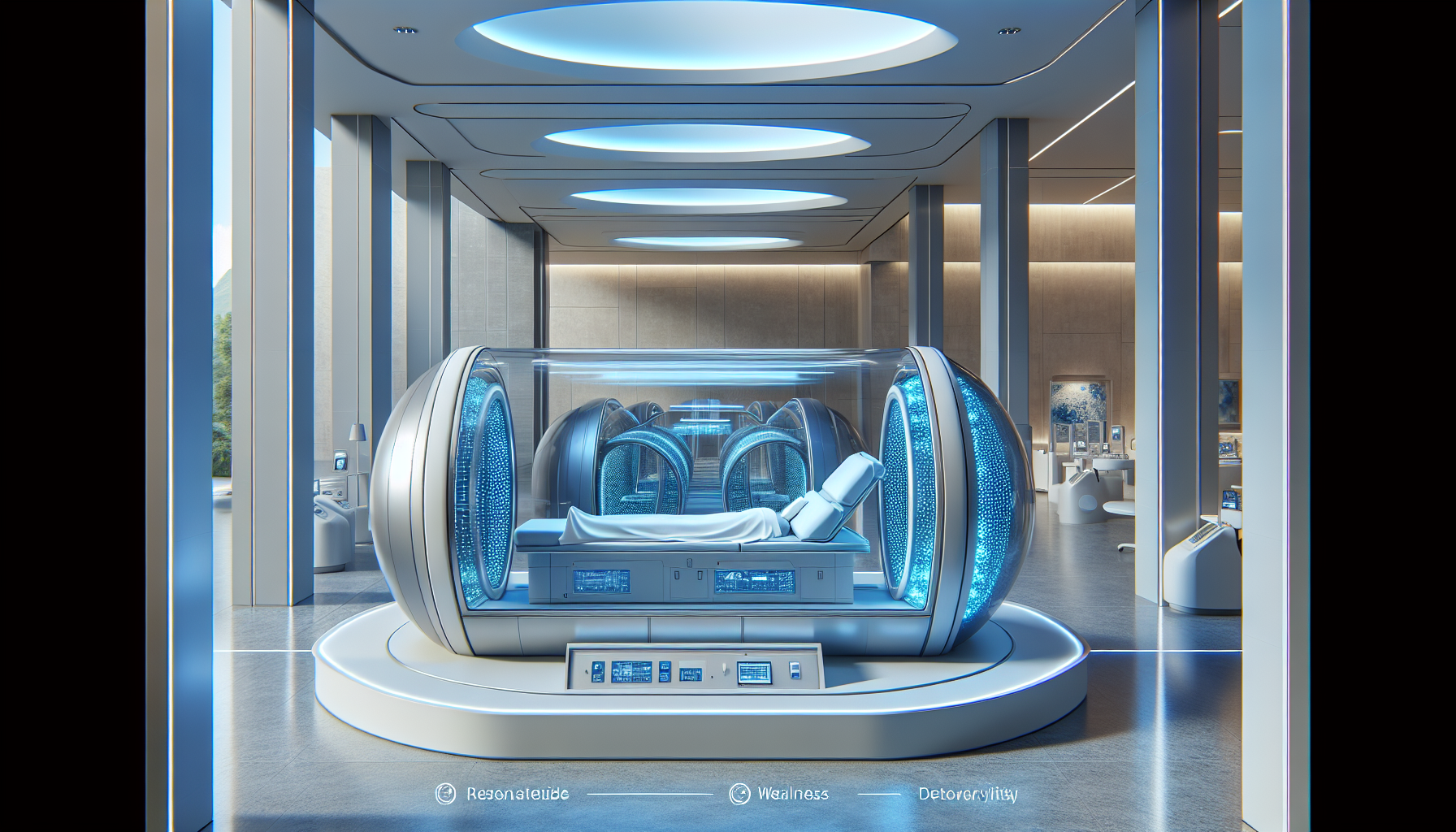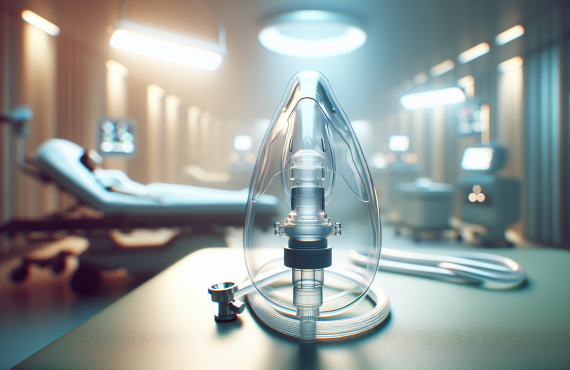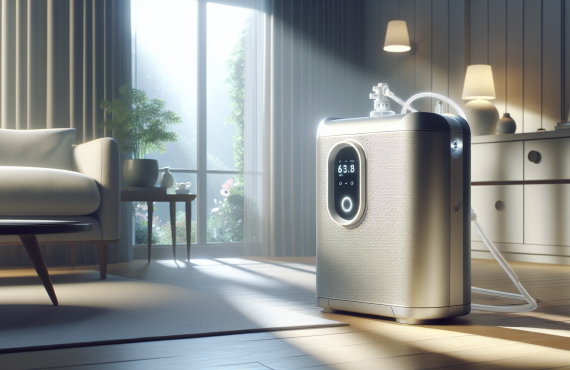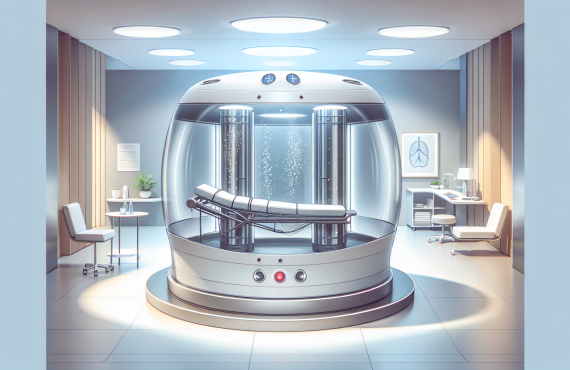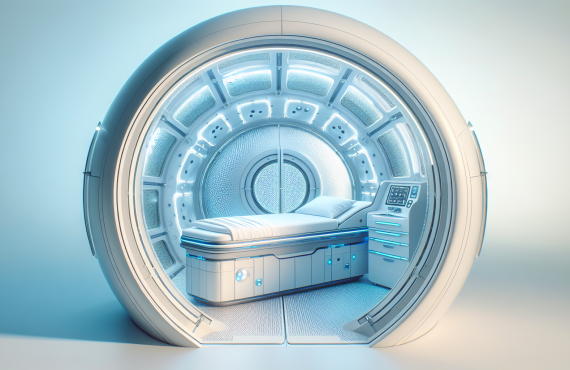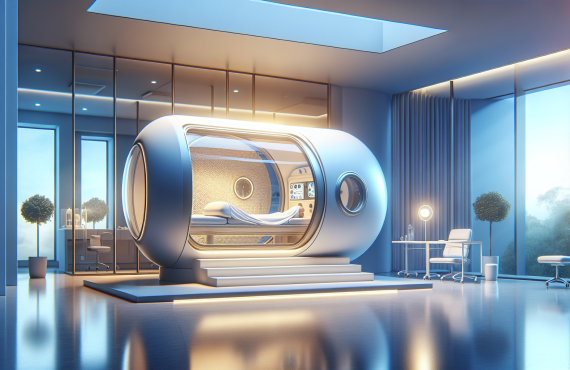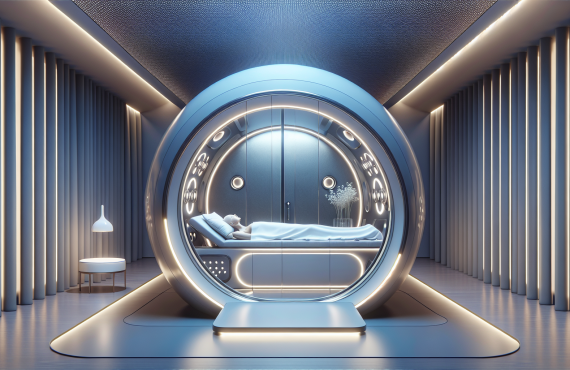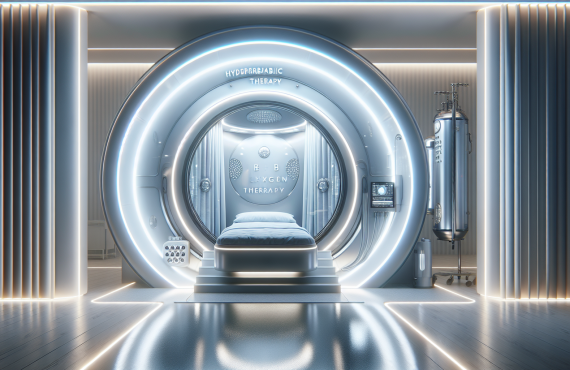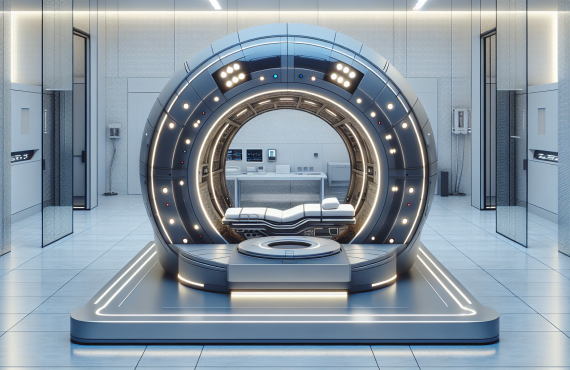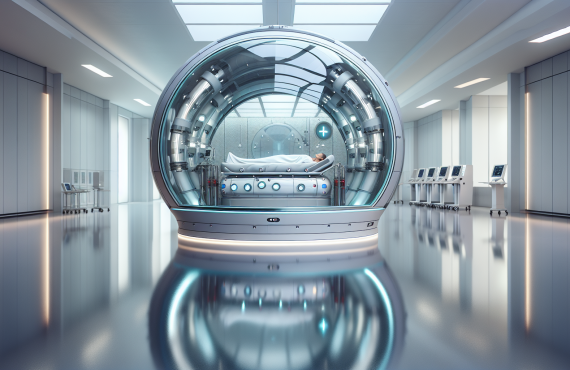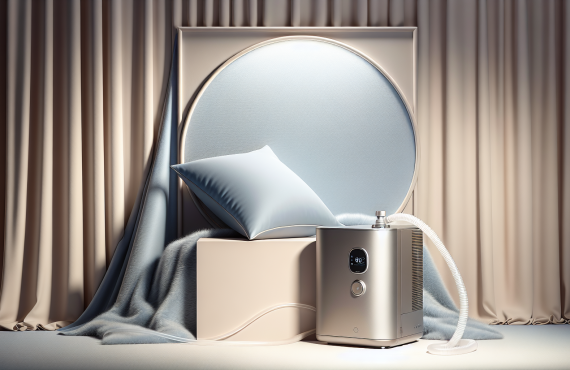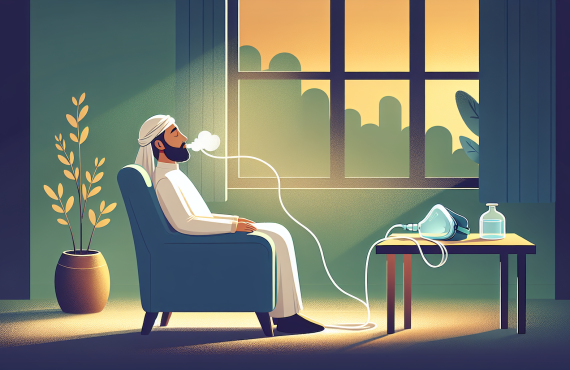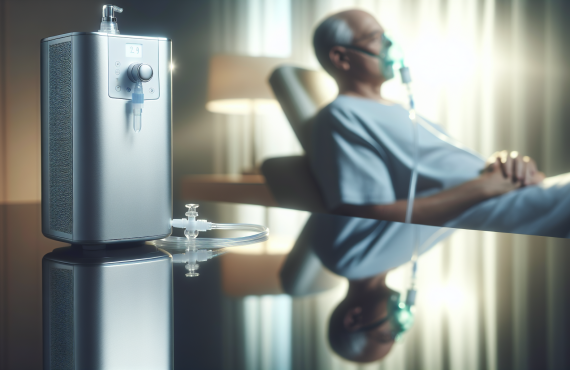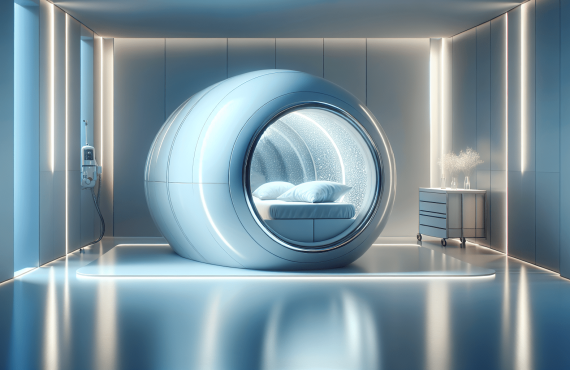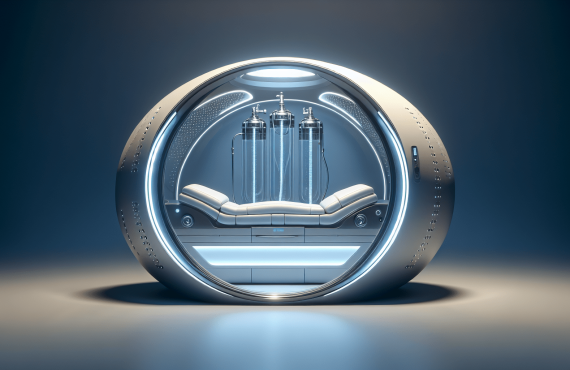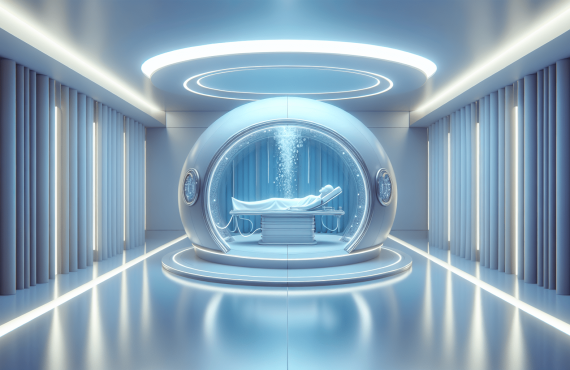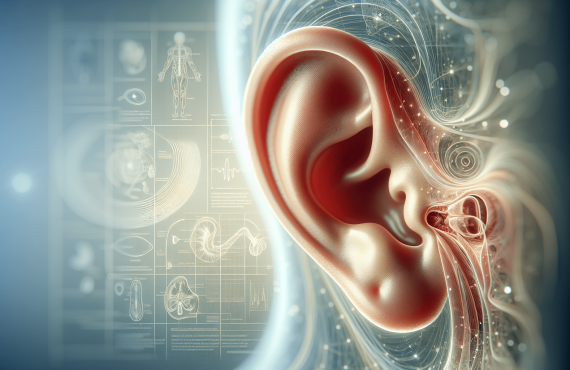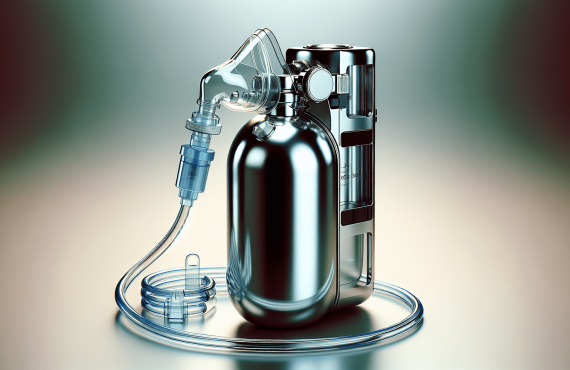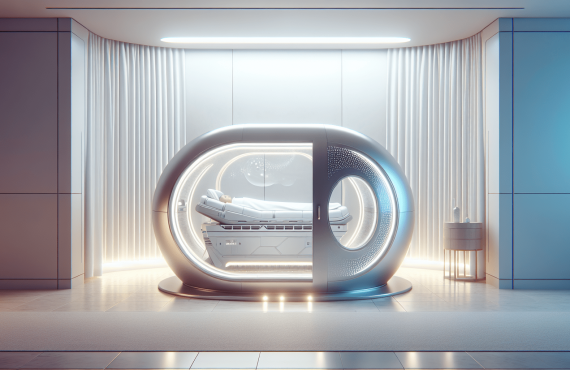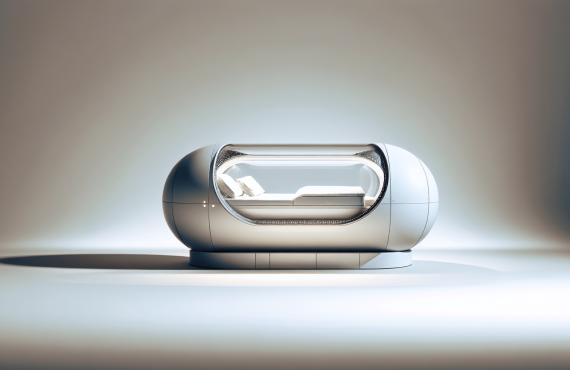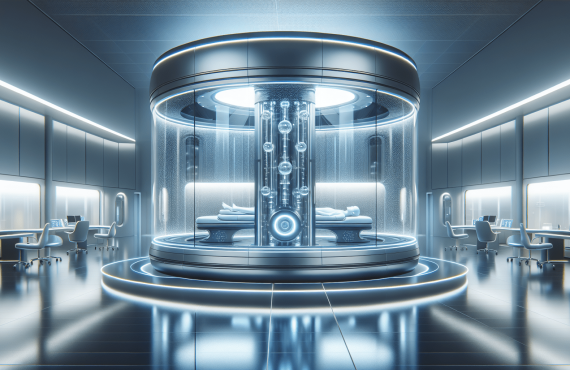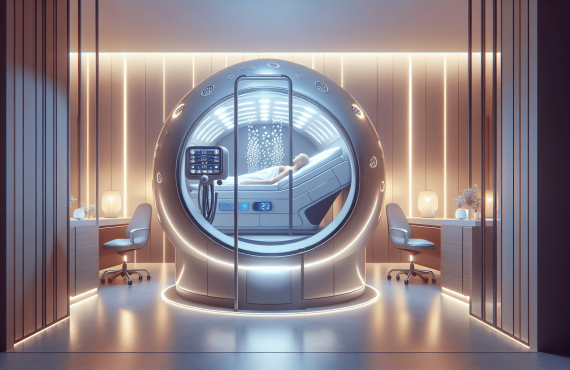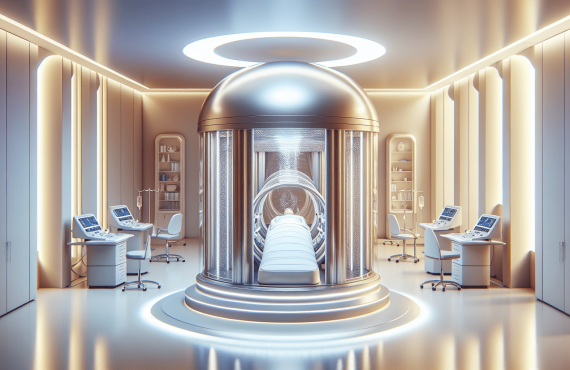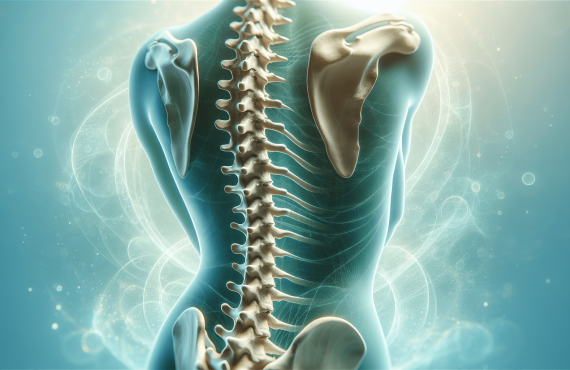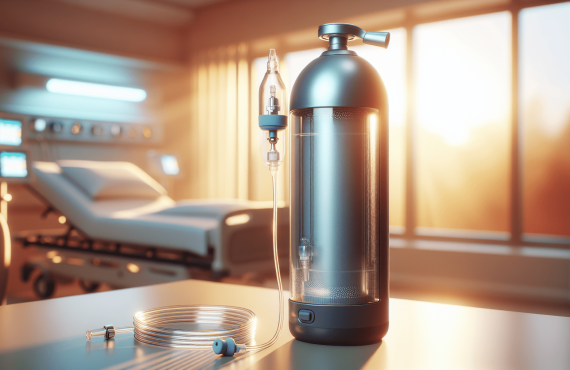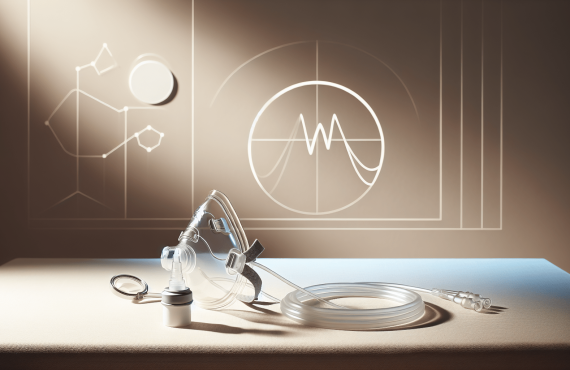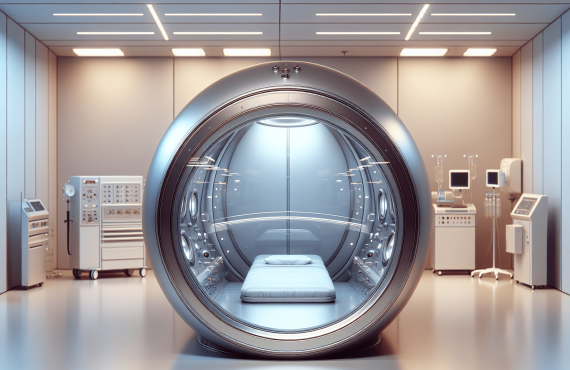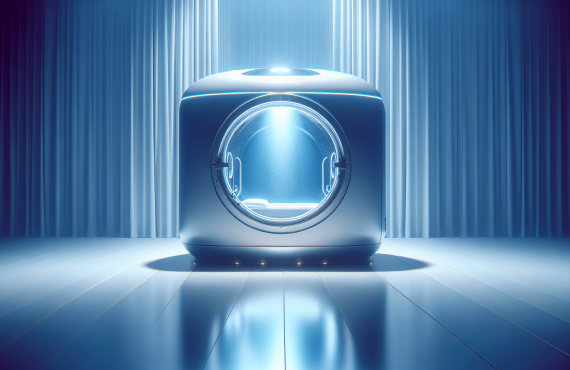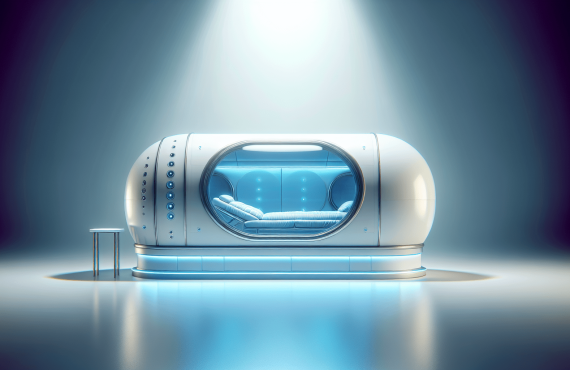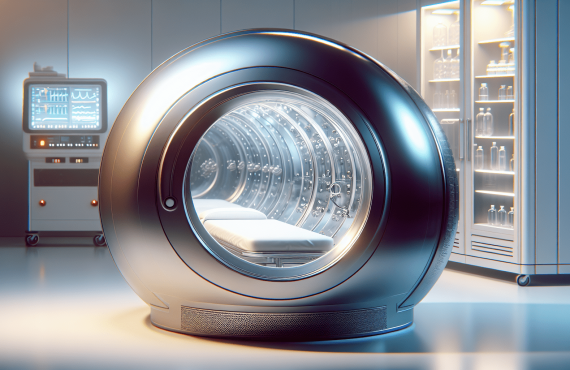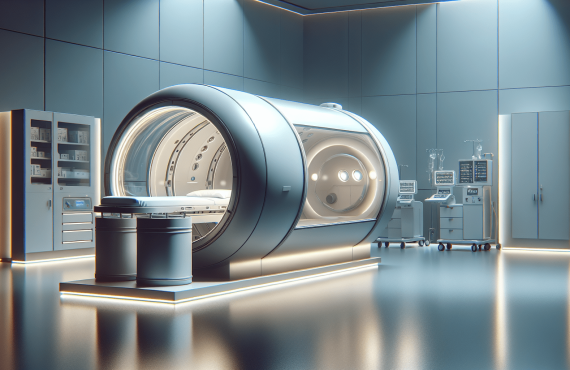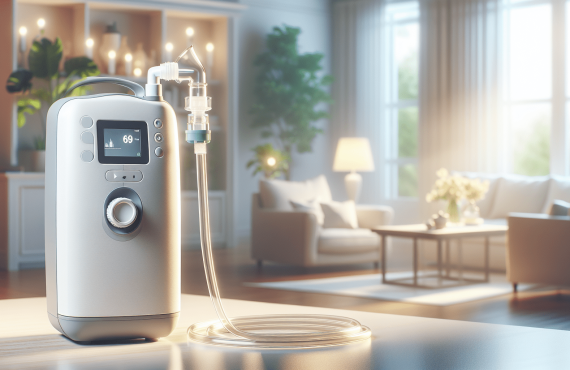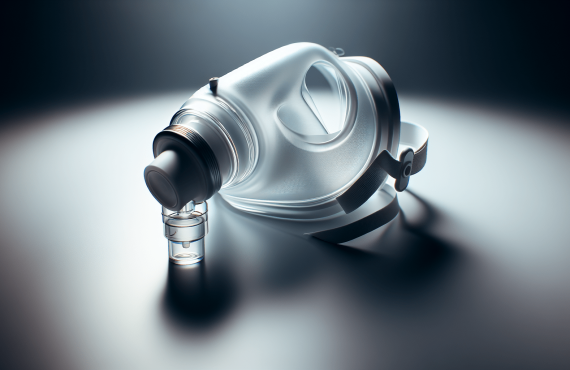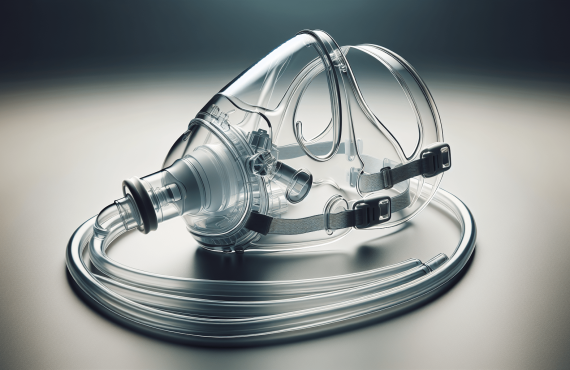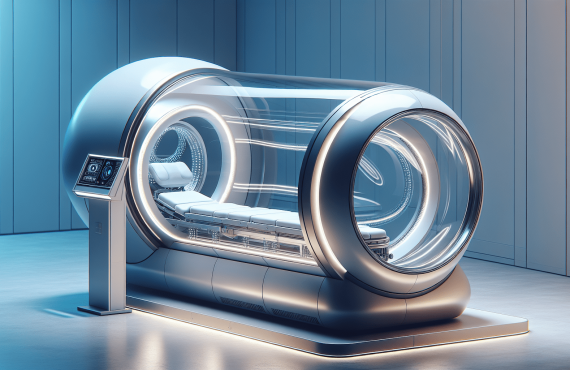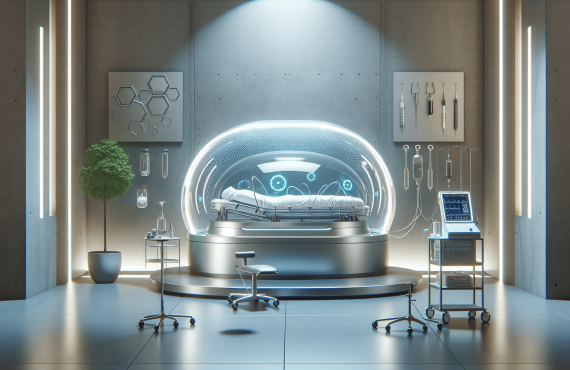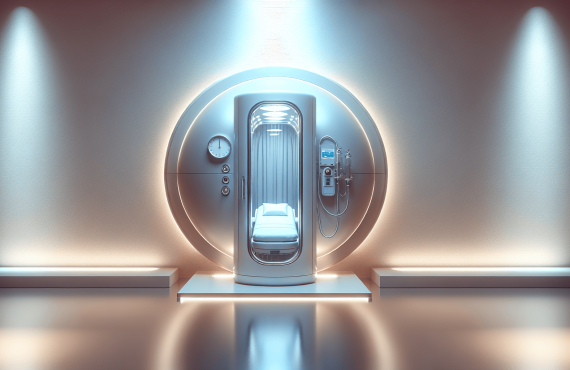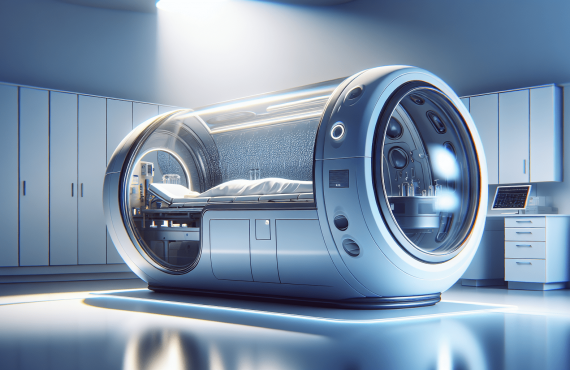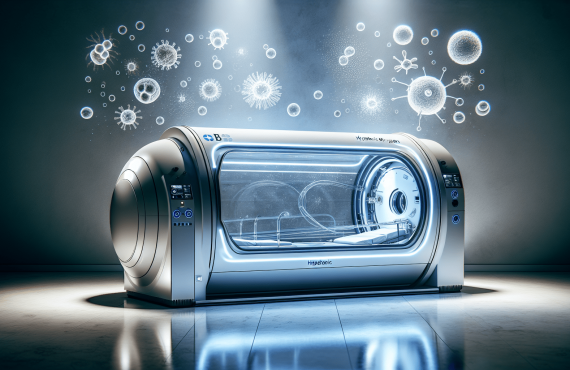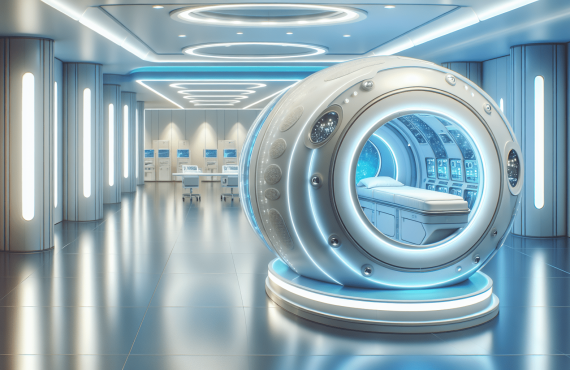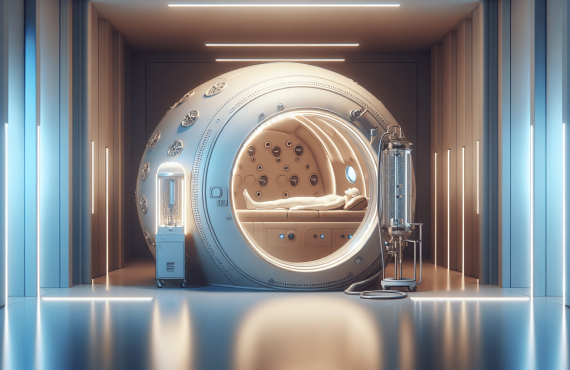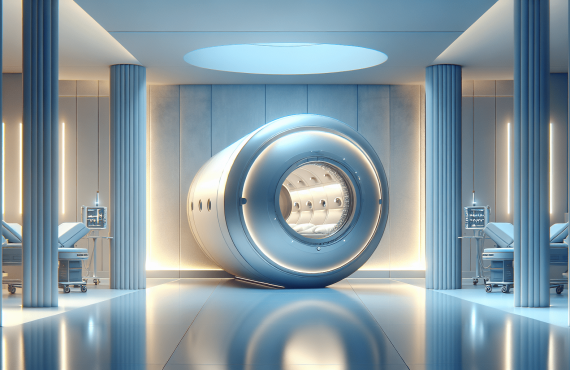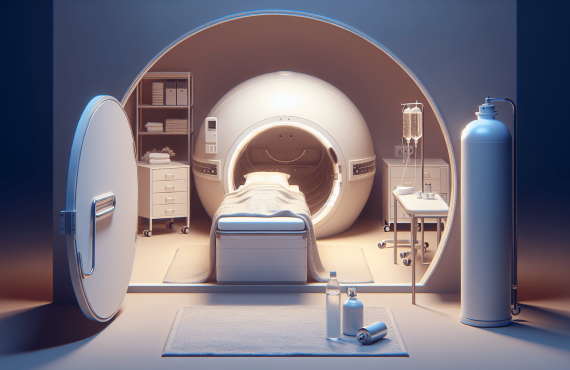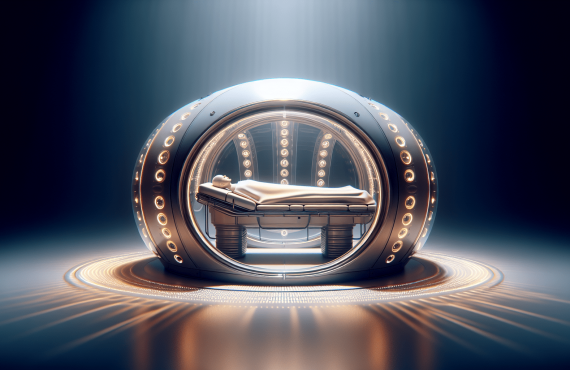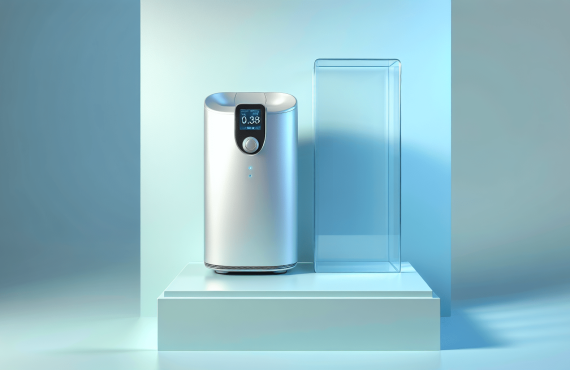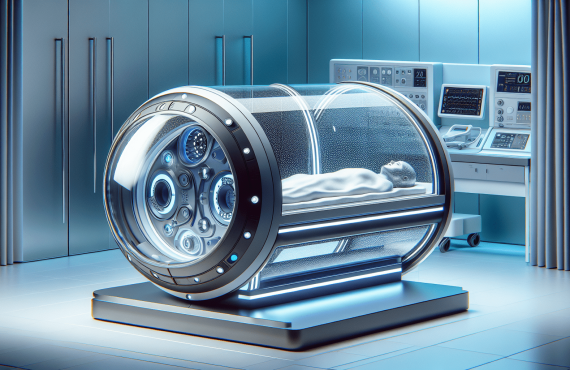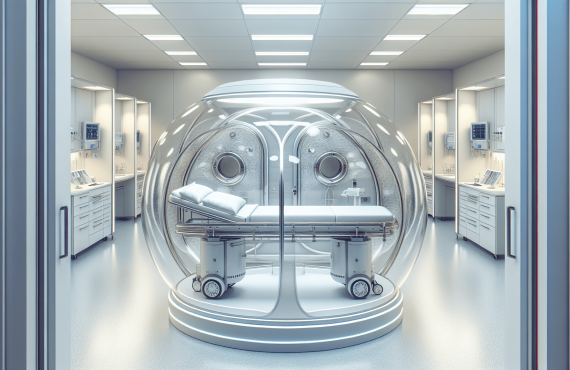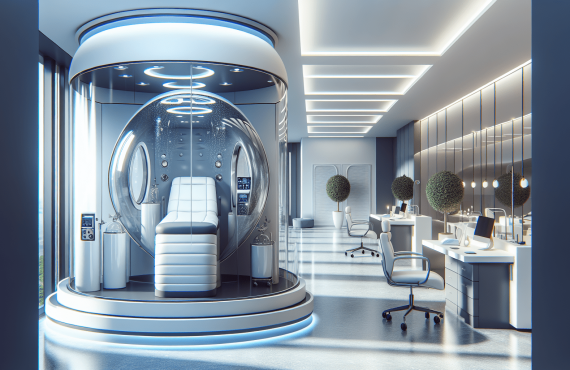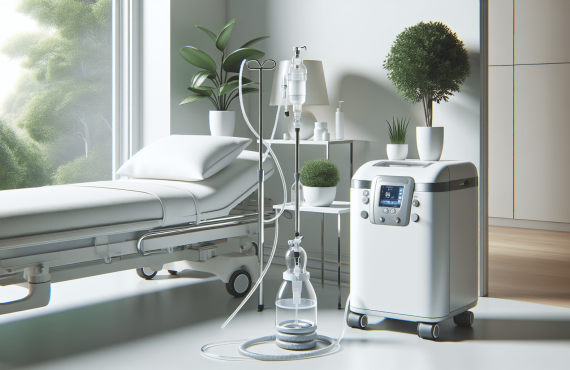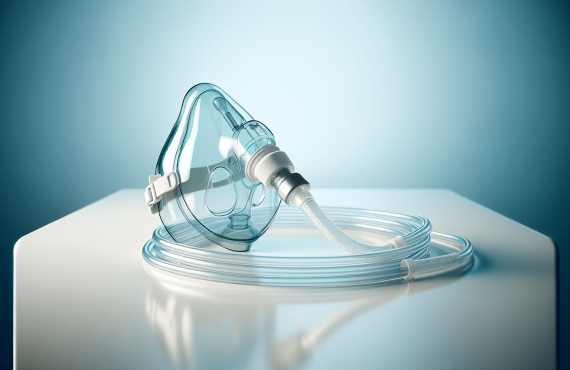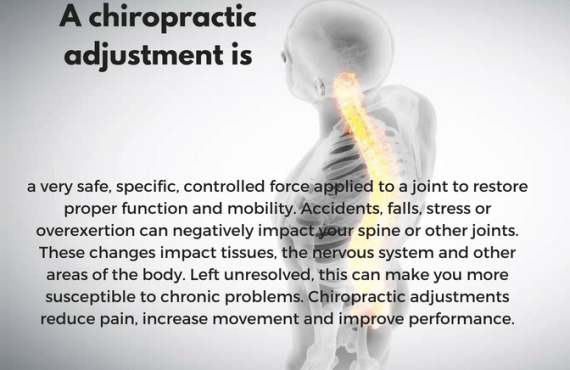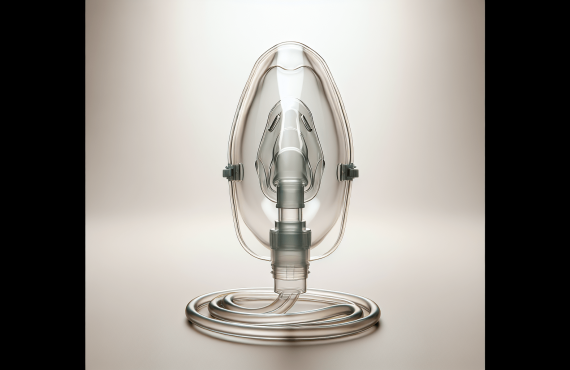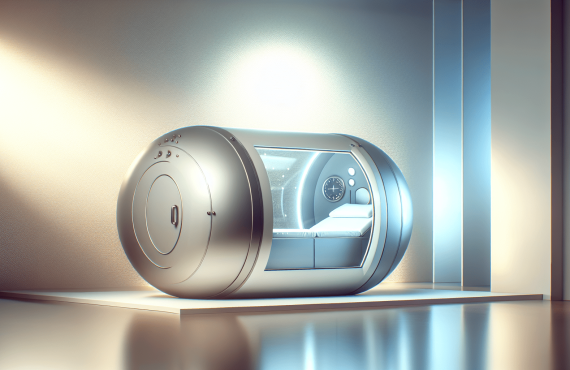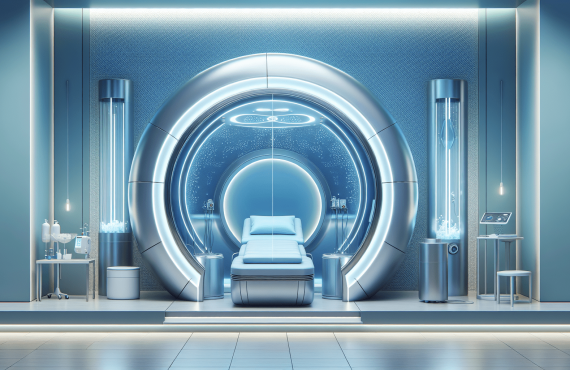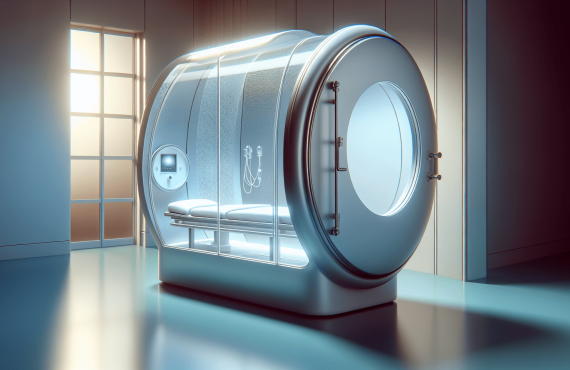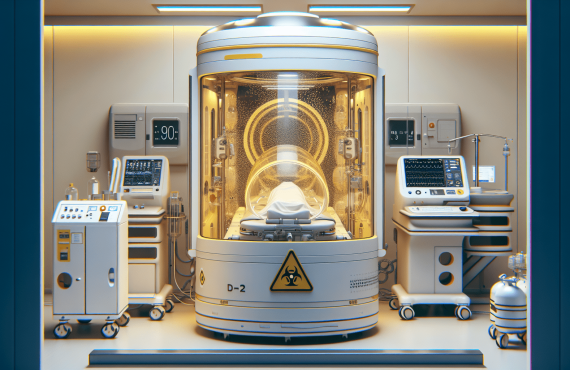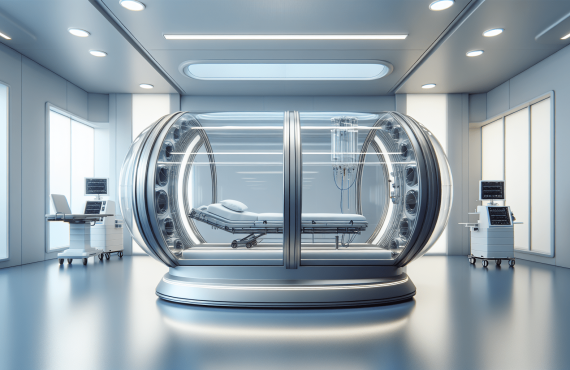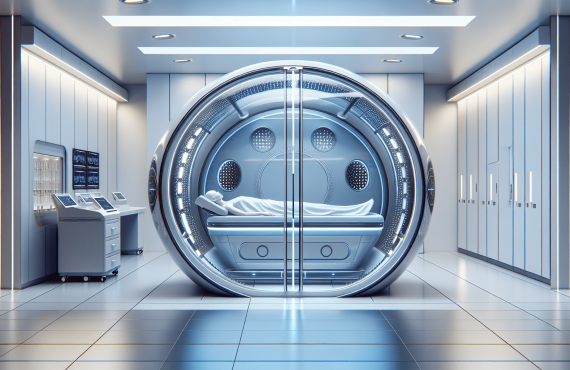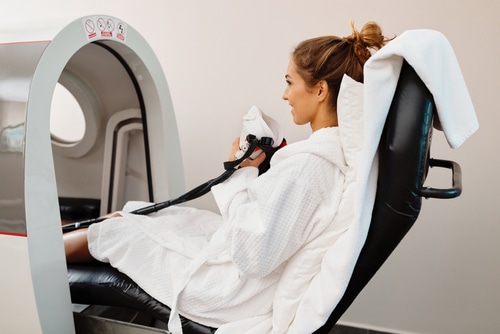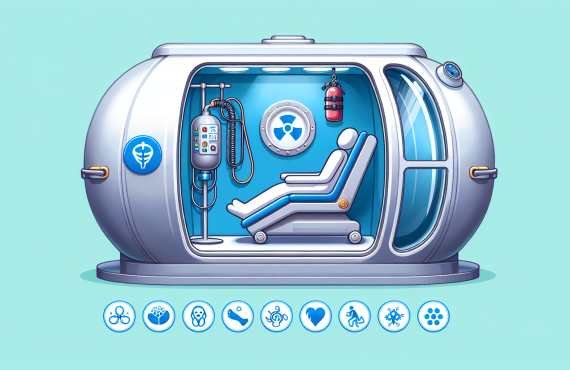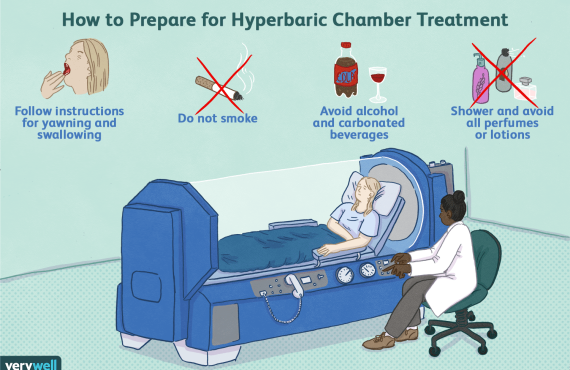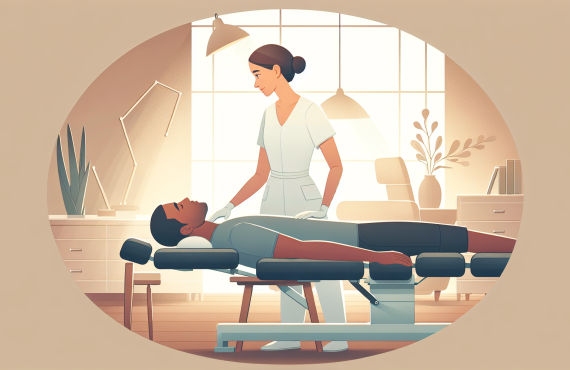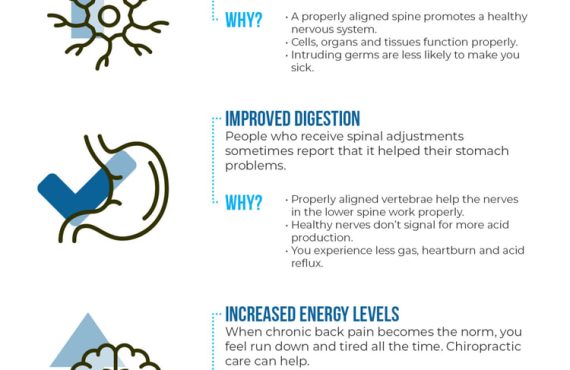Have you ever wondered just how effective Hyperbaric Oxygen Therapy (HBOT) truly is? You’re not alone. With its growing popularity in the medical community, ensuring you’re informed about its success rate is key.

Table of Contents
Understanding Hyperbaric Oxygen Therapy (HBOT)
First, let’s take a closer look at what HBOT actually entails. This therapy, known in more clinical circles as hyperbaric oxygen therapy, involves breathing in pure oxygen inside a pressurized chamber. It may sound like something out of a sci-fi movie, but it’s very much grounded in reality. The concept is simple: by increasing the pressure and oxygen concentration, HBOT enhances the body’s natural healing processes.
How Does HBOT Work?
Imagine sitting in a chamber where the air pressure is higher than normal. This isn’t just your average oxygen; it’s a concentrated form that ramps up the amount of oxygen your lungs can absorb. In a sense, it’s like giving your body’s engines a turbo boost. This extra oxygen enters your bloodstream and is carried to tissues, promoting healing and reducing inflammation.
The Mechanism Behind the Magic
With more oxygen circulating, damaged tissues have a better chance to repair. It’s like your body gets a nudge to speed up healing. Additionally, this oxygen-rich environment helps in forming new blood vessels, a key factor in mending injuries or surgical sites. Think of HBOT as a backstage pass that allows your body to get the resources it needs more efficiently.
Examining the Success Rate of HBOT
Now, let’s dive into the crux of the matter: the success rate of HBOT. While results can vary, numerous studies and patient testimonials suggest it is effective for a variety of conditions.
Clinical Success and Studies
One often looks to clinical studies for answers. Research indicates that HBOT is particularly effective in treating chronic wounds like diabetic foot ulcers, radiation injuries, and decompression sickness. Data shows significant improvement rates, making HBOT a valuable tool in these instances.
| Condition | Reported Success Rate |
|---|---|
| Diabetic Foot Ulcers | 70–85% |
| Radiation Injuries | 60–85% |
| Decompression Sickness | 90%+ |
| Chronic Non-Healing Wounds | 50–70% |
These numbers, of course, can fluctuate based on individual health factors and the severity of the condition. Several studies provide evidence where patients report reduced pain and faster healing after consistent HBOT sessions.
Expanding the Reach of HBOT
It’s not just severe conditions that benefit from HBOT. Many athletes are turning to this therapy for muscle recovery. Anecdotal evidence suggests quicker recovery times, less soreness, and overall improved performance, giving HBOT a foothold in sports medicine.
Factors Influencing Success
Like with any therapy, the successes of HBOT can be influenced by various factors. Age, overall health, lifestyle choices like smoking, and adherence to the therapy schedule all play parts in determining outcomes.
Personal Health and Lifestyle
Your general health is a significant factor. Individuals who maintain a balanced diet and regular exercise often fare better, as their bodies are primed to respond well to treatments. Furthermore, smoking can impair the efficacy of HBOT, as it reduces oxygen absorption—something crucial in this therapy.
What Success Looks Like for You
The end goal is improving quality of life. For many, success through HBOT is seen in reduced symptoms and less reliance on medication. While it’s not a silver bullet for every ailment, it’s a viable adjunct therapy.

What the Experts Say
Doctors and specialists advocating for HBOT often occupy the intersection of conventional and alternative medicine. Dr. Craig Henry and Dr. Aaron Hixon from Henry Chiropractic in Pensacola, FL, often see the benefits firsthand. They note improvements in patients’ overall well-being and reductions in inflammation and pain.
Frequently Asked Questions About HBOT
To clear up common queries and concerns, let’s tackle some frequently asked questions about HBOT.
1. How often should you undergo HBOT sessions?
The frequency depends on the condition being treated. Many therapeutic regimens suggest as many as 20-40 sessions, with frequency varying from daily to weekly visits.
2. Are there risks associated with HBOT?
While generally safe, some individuals may experience mild side effects like ear discomfort similarly experienced when flying. Serious complications are rare.
3. Is HBOT covered by insurance?
Coverage varies. Some insurers cover HBOT for approved conditions, so it’s essential to check your policy details or speak with a healthcare provider.
4. Can anyone undergo HBOT?
Not all individuals are suitable candidates. Those with certain conditions like lung issues should consult their doctor first.
5. How long does each session last?
Most sessions last about 60 to 90 minutes. The length may vary based on the treatment plan prescribed by your healthcare provider.
When to Consider HBOT
HBOT might be a consideration if traditional treatments have stalled. For conditions like chronic wounds or aiding recovery in athletes, this therapy offers a promising alternative avenue for improvement.
Now that you’ve got a clearer picture of HBOT and its success rate, you are well-equipped to decide if it’s right for you or perhaps for someone you know. For those who are considering it, Henry Chiropractic, with its experienced professionals like Dr. Henry and Dr. Hixon, provides guidance and care that help enhance health and wellness. You can reach them at:
Henry Chiropractic
1823 N 9th Ave
Pensacola, FL 32503
(850) 435-7777
Visit their website
In summary, HBOT holds promise for various conditions, with many patients experiencing notable improvements. Its success, while dependent on various factors, is backed by clinical evidence and increasingly by personal narratives. So, is HBOT the healing journey you were looking for? That’s a question only you can answer, armed with the information and resources tailored to help you make the best decision.


